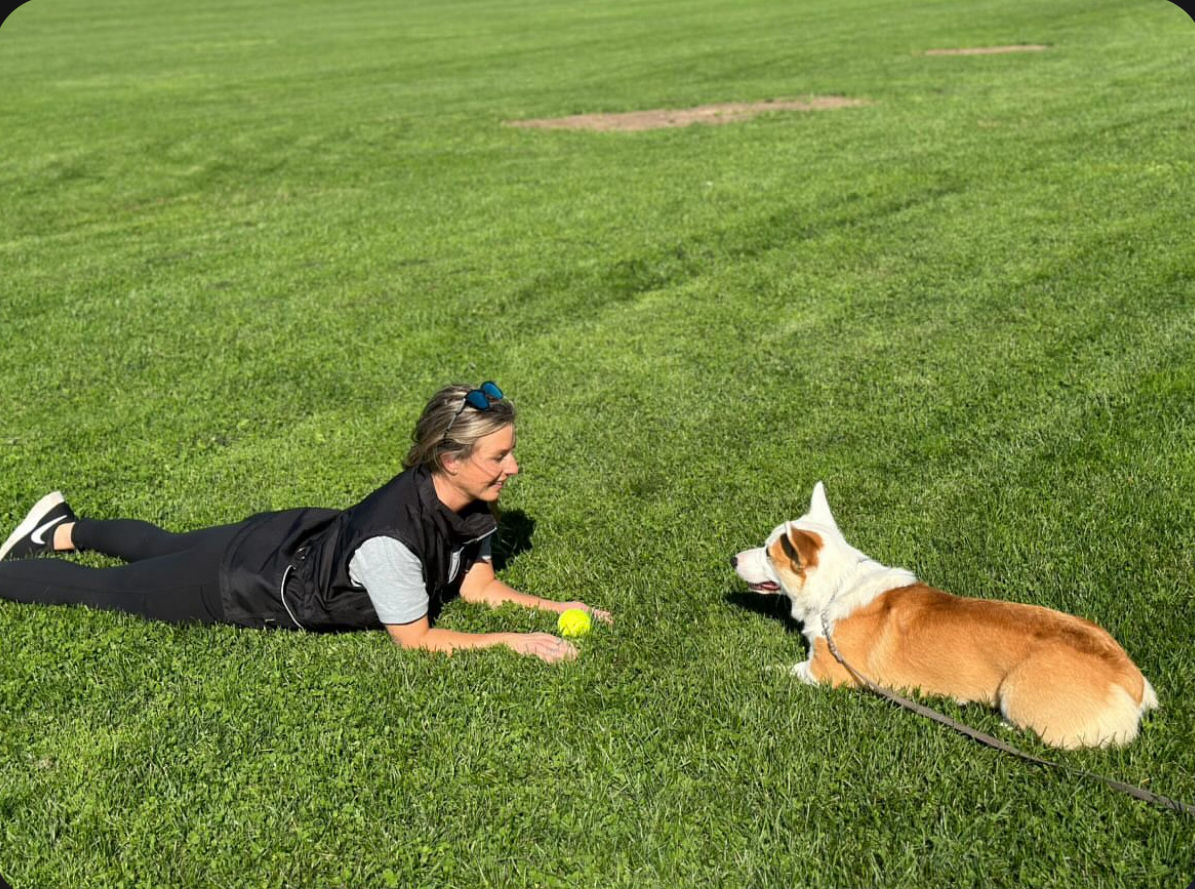February is Dog Training Education Month, and to celebrate we’ll be introducing some of our trainer pals across the Cape and sharing their tips and tricks!
Working with the right dog trainer is crucial for you and your dog’s success. As pet owners, there are so many options when it comes to trainers and techniques. What a lot of pet parents don’t realize is that dog training is a completely unregulated industry. Anyone can call themselves a dog trainer and unfortunately, there can be devastating consequences. Here are some important questions to ask when considering working with a trainer.
1. What training methods do you use?
You want to ensure that the trainer’s methods align with your belief’s and dogs needs. It also needs to be something that you will be able to keep up with.
2. What experience do you have with my dog’s breed/age/behavioral issues?
Some trainers specialize in certain breeds or types of behavior (e.g., anxiety, aggression, etc.), and knowing that they have experience with your dog’s specific challenges will give you peace of mind.
3. Do you have any certifications or qualifications?
While not required, certifications from reputable organizations like the CCPDT (Certification Council for Professional Dog Trainers) or IAABC (International Association of Animal Behavior Consultants) indicate that the trainer has formal education and experience. We have learned so much about dog behavior in the past decade that it’s always my preference to work with trainers that keep up with new information and studies.
4. How do you assess a dog’s behavior and progress?
You want to know how the trainer will evaluate your pup’s behavior before, during and after training. This will give you insight into how they measure success.
5. Can you provide references or testimonials from previous clients?
Hearing directly from other dog parents who have worked with the trainer can help you gauge their effectiveness and professionalism. Don’t take a friend of a friend’s recommendation without doing your own homework.
6. How do you involve the owner in the training process?
Training isn’t just about your dog - it’s a bonding experience in which we learn how to communicate effectively. Make sure the trainer includes you in the process and offers guidance on how to manage your dog outside of sessions.
7. How do you ensure the safety and well-being of my dog during training?
Safety should always come first! Ask about how the trainer ensures your dog is not overworked, stressed or harmed in any way during sessions.
-----------------------------
Asking lots of questions will ensure that you’re on the same page regarding expectations and outcomes. Did I miss an important one? Drop your favorite questions in the comments!


